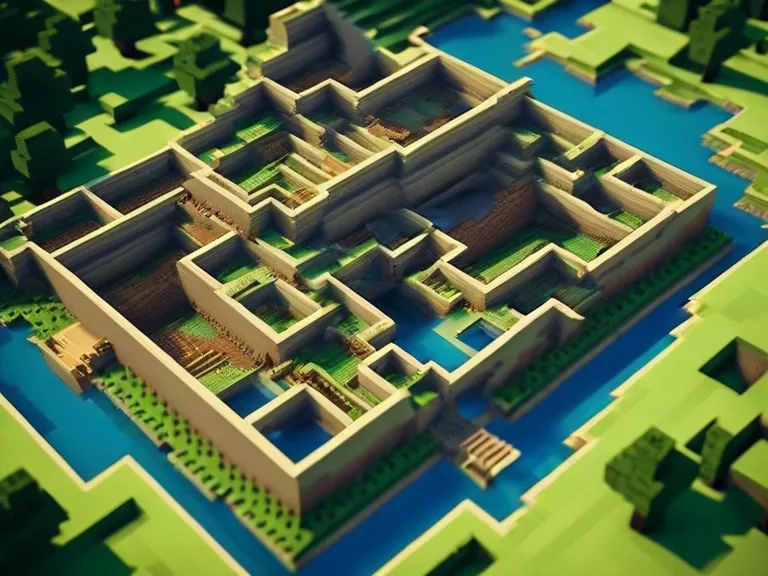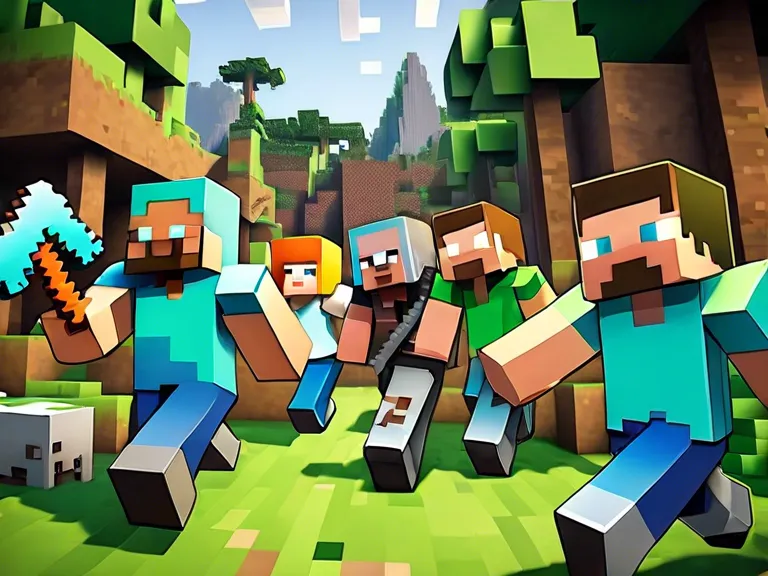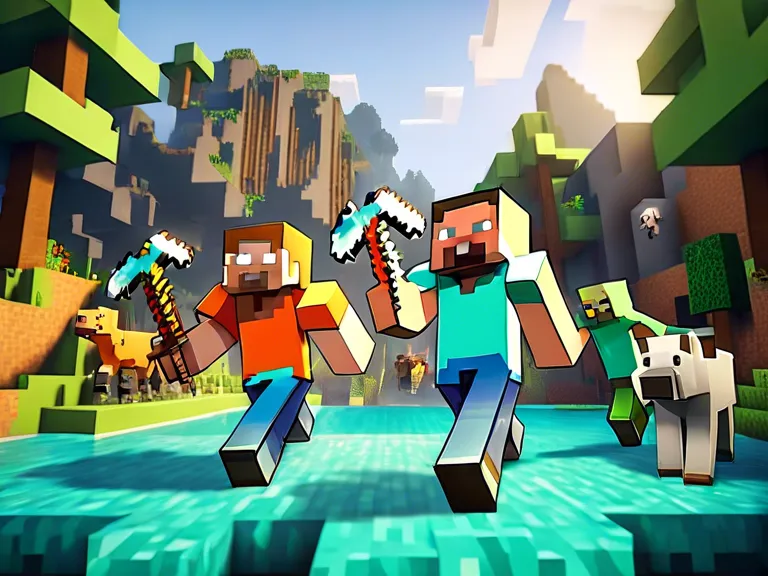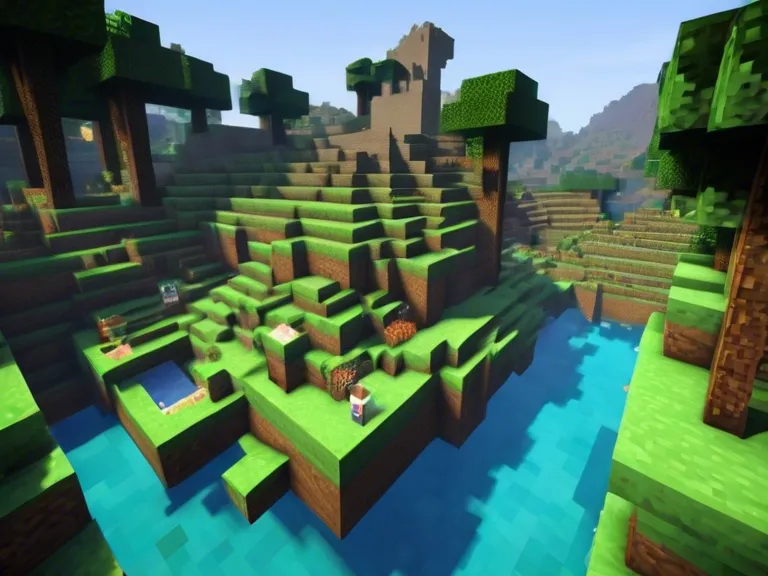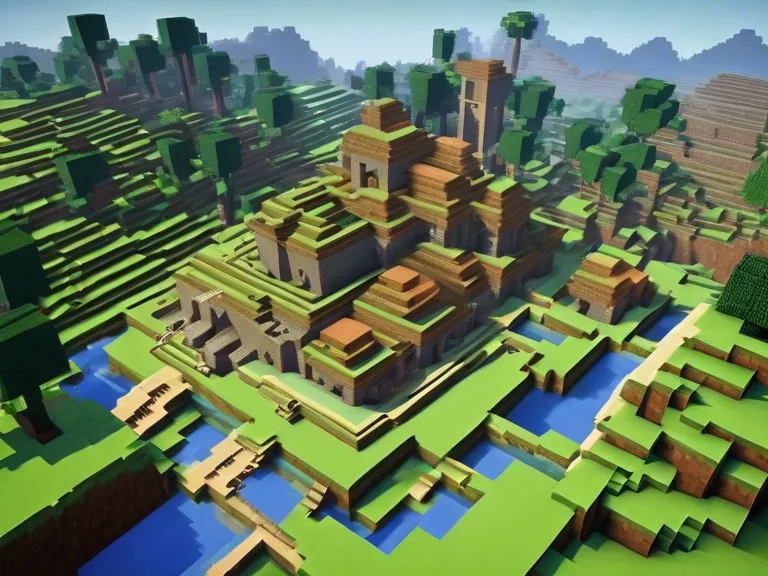
In recent years, Minecraft has become a global phenomenon, attracting millions of players from all walks of life. This popular video game, known for its pixelated graphics and open-world sandbox gameplay, has not only revolutionized the gaming industry but also provided a platform for the evolution of digital culture.
As players explore and build in the virtual world of Minecraft, they are actively participating in the creation of a unique digital community. This sense of collaboration and creativity has led to the emergence of virtual communities within the game, where players come together to share ideas, build friendships, and work towards common goals.
From a philosophical standpoint, the evolution of these virtual communities raises interesting questions about the nature of human interaction in the digital age. Are these online relationships as meaningful as those formed in the physical world? Can virtual communities truly provide a sense of belonging and connection to others?
One perspective suggests that the boundaries between the physical and digital worlds are becoming increasingly blurred, with virtual communities offering a new form of social interaction and identity. In Minecraft, players have the freedom to express themselves creatively, connect with others from around the world, and collaborate on massive projects that would be impossible in the real world.
At the same time, critics argue that these digital communities may lack the depth and authenticity of face-to-face interactions. They question whether virtual friendships can truly provide the same level of support and understanding as those formed in real life.
Ultimately, the evolution of digital culture in games like Minecraft challenges us to reexamine our understanding of community, communication, and connection in the modern age. As technology continues to shape our relationships and identities, it is important to consider the philosophical implications of virtual communities and the impact they have on our lives.
